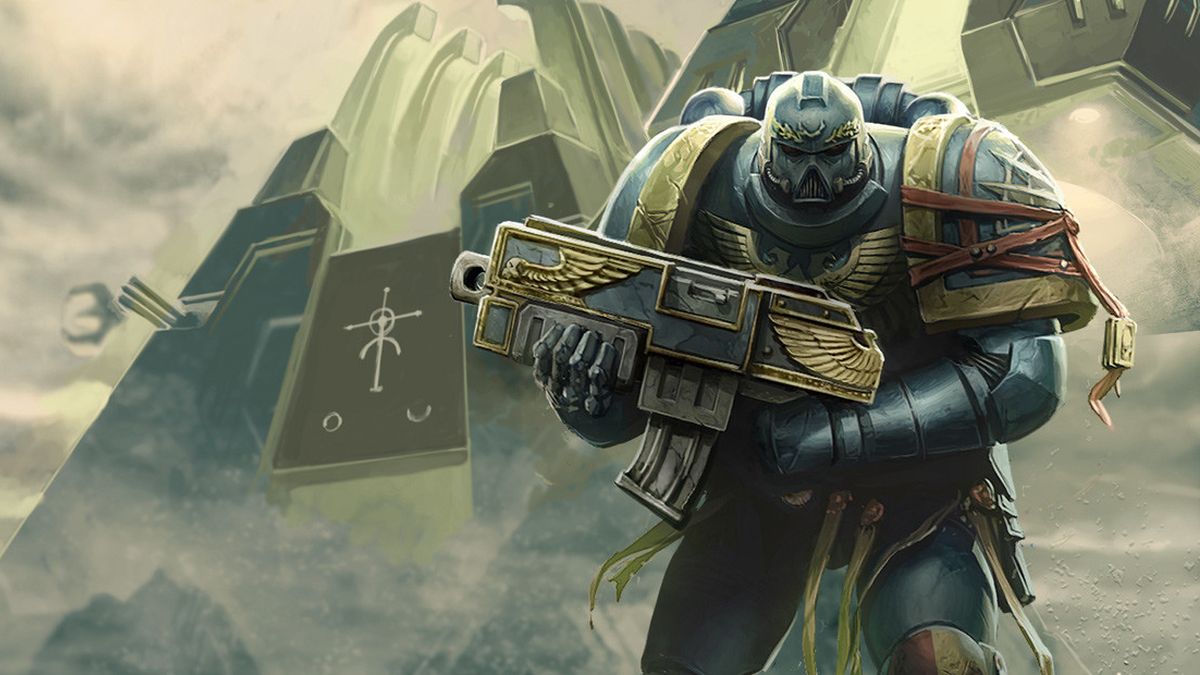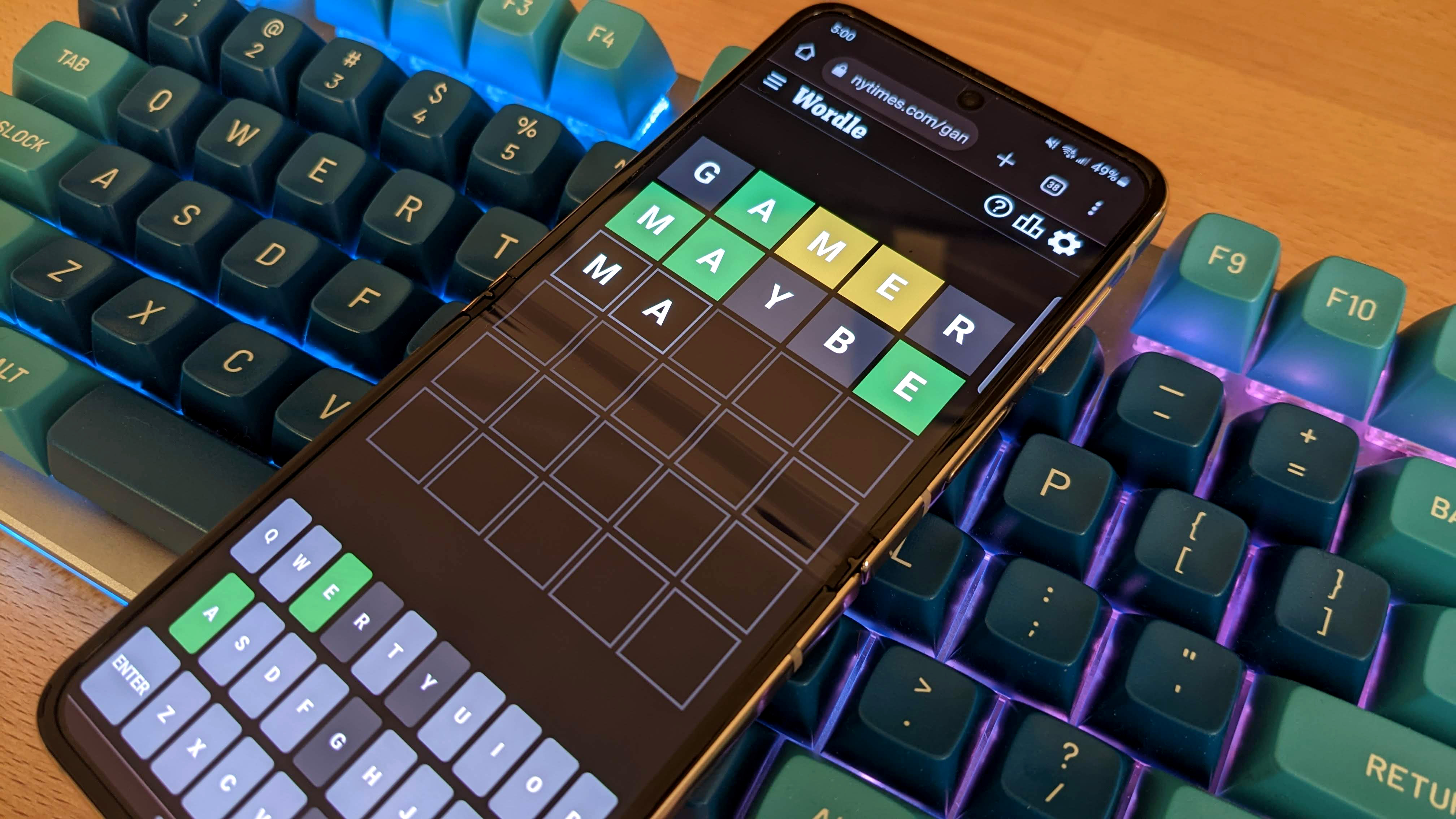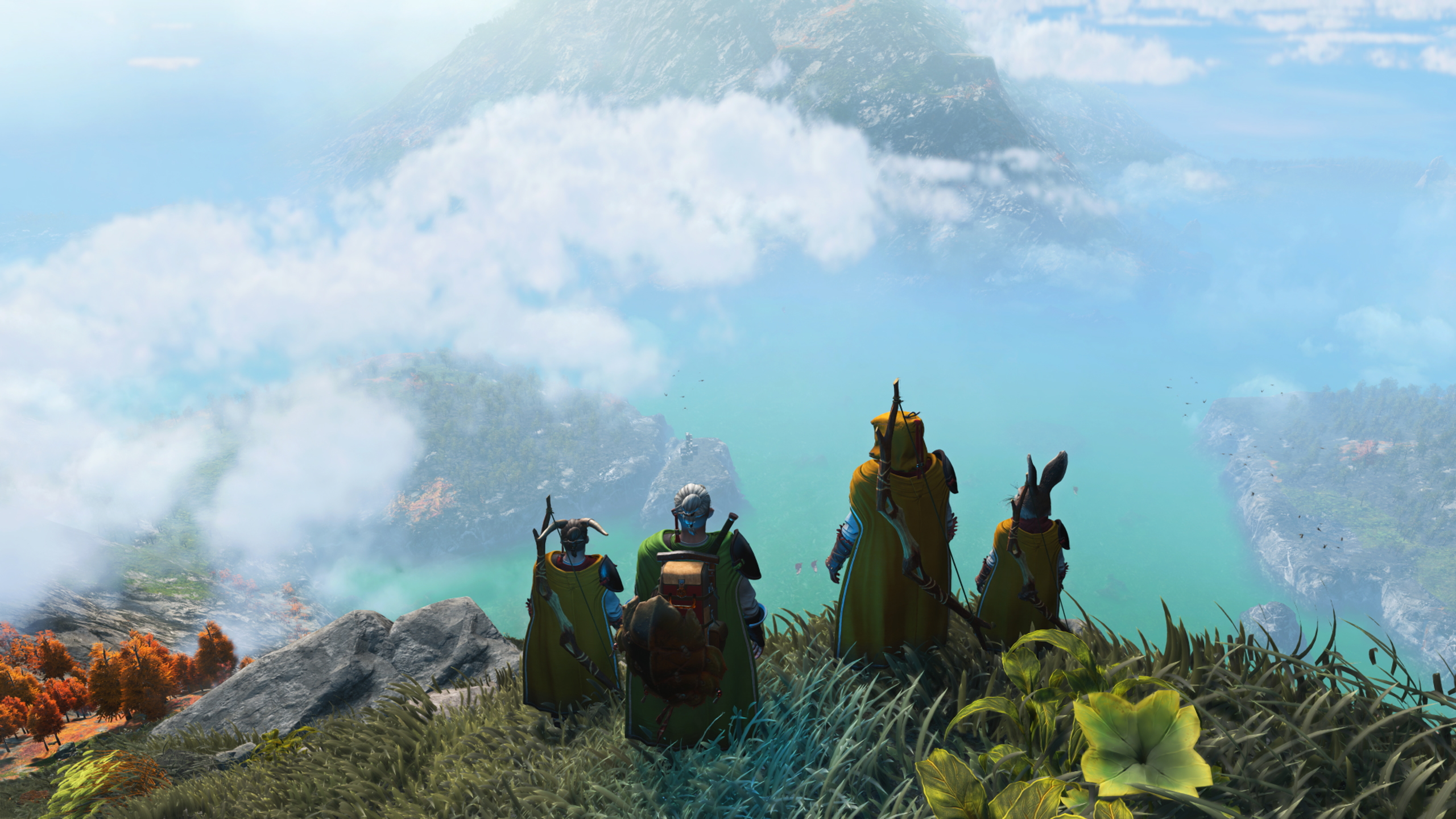
Dynasty Warriors: Origins Review - Army Of One
When it comes down to it, the essence of Dynasty Warriors’ longevity is simple: Cleaving through hundreds of enemies like a hot knife through butter feels really good. It’s the ultimate power fantasy, with each swing of your weapon sending bodies careening through the air in every conceivable direction as the KO counter ticks up into the thousands. For almost 25 years, this basic formula has remained virtually unchanged, lending the series a fervent albeit niche following. Dynasty Warriors 9 attempted to evolve the formula, but the shift to a lifeless open world was a misstep that didn’t mesh with the series’ core appeal. Dynasty Warriors: Origins, as the name implies, sees Omega Force returning to its roots, emphasizing the large-scale, hack-and-slash action Dynasty Warriors is known for while implementing a number of clever new additions that achieve what Dynasty Warriors 9 failed to.
If you’re unfamiliar with the long-running series, Dynasty Warriors is based on Luo Guanzhong’s 14th-century novel, Romance of the Three Kingdoms–and the ancient history it’s based on–loosely adapting the classic Chinese novel by taking some absurd creative liberties along the way. While previous games in the series have typically covered the bulk of the Three Kingdoms period from 184 AD to 280 AD, Origins tightly focuses on the early parts of the story, beginning with the rise of the Yellow Turban Rebellion and culminating in the decisive Battle of Chibi. Unlike the rest of the series, the story is also told from the perspective of an amnesiac warrior who’s meeting legendary figures like Guan Yu, Dong Zhuo, and the fearsome Lü Bu for the first time. This setup is clearly designed with newcomers in mind, making the series’ enduring legacy and myriad beloved characters much more palatable for new players to dive into for the first time.
Still, that doesn’t mean returning players will be left wanting. By focusing on the early events of the Three Kingdoms’ tapestry, Omega Force has opted to delve into the time period in greater detail than before, with a renewed emphasis on storytelling and character development. Even minor figures are more fleshed out, while pivotal moments are given the gravitas they deserve. This is somewhat of a double-edged sword, however. The writing is generally solid, with defined, charming, and likable characters engaging in moral quandaries and battles of both wit and brawn, but the overabundance of cutscenes sometimes works to its detriment. Too many conversations simply feel derivative, either repeating plot points or adding little of substance to the narrative and your understanding of its ensemble cast of characters. This disrupts the game’s pacing, leading to more than a few occasions where you’re forced to wait impatiently for the next battle to arrive as you cycle through one superfluous conversation after another.







